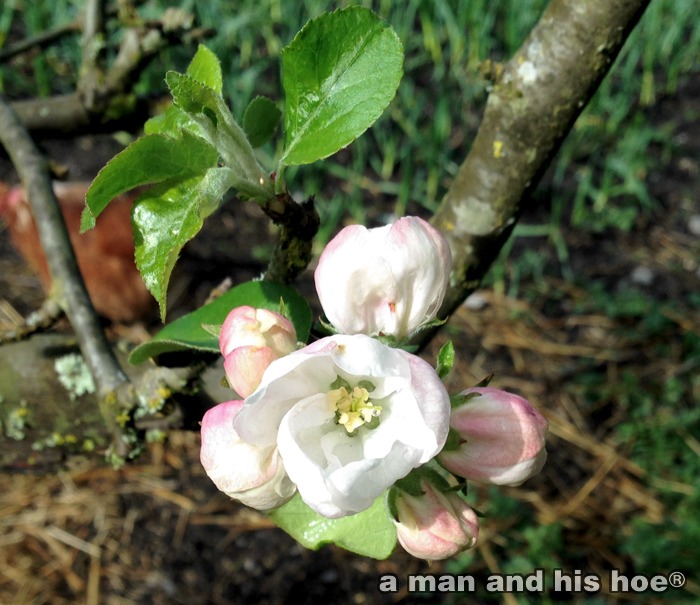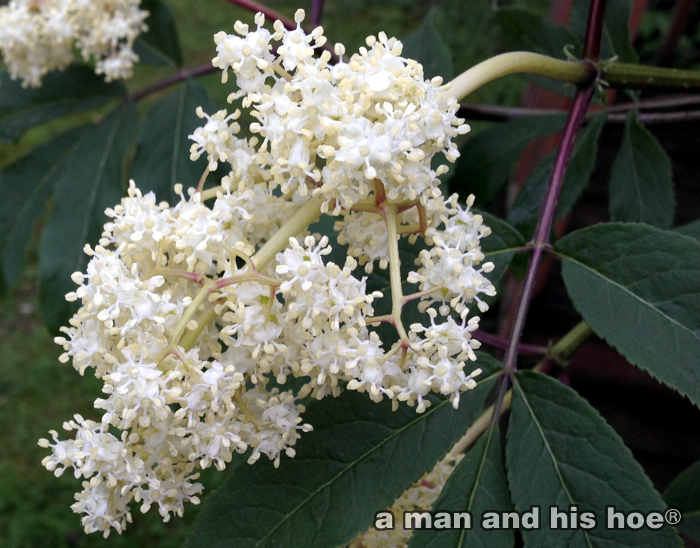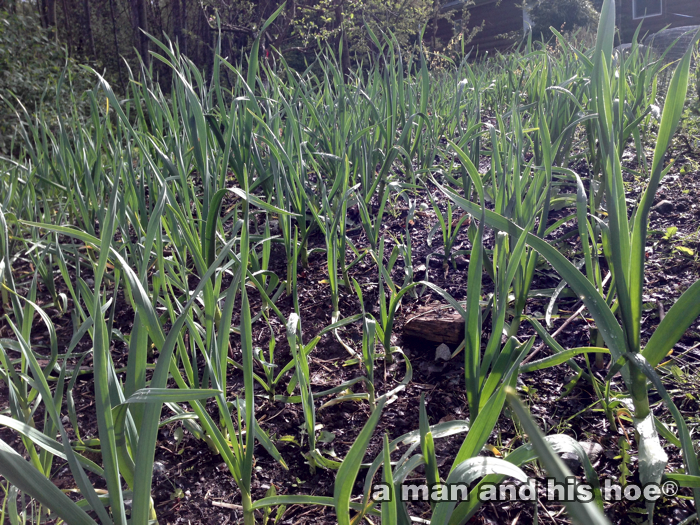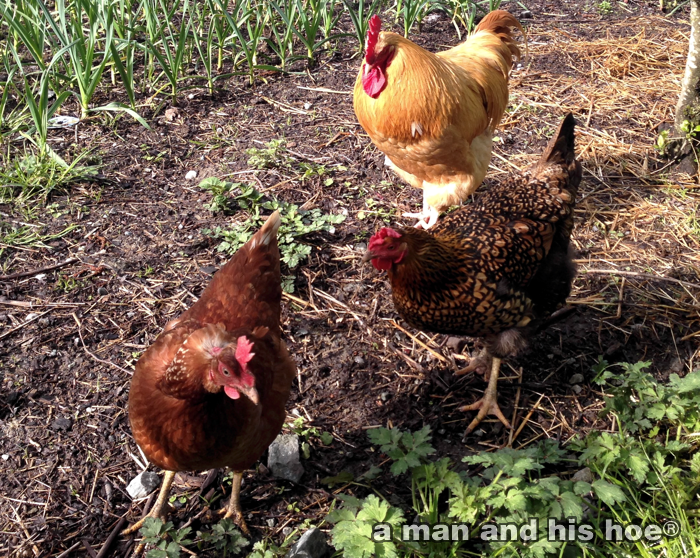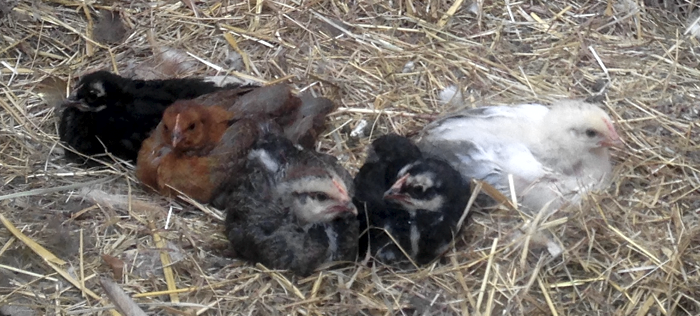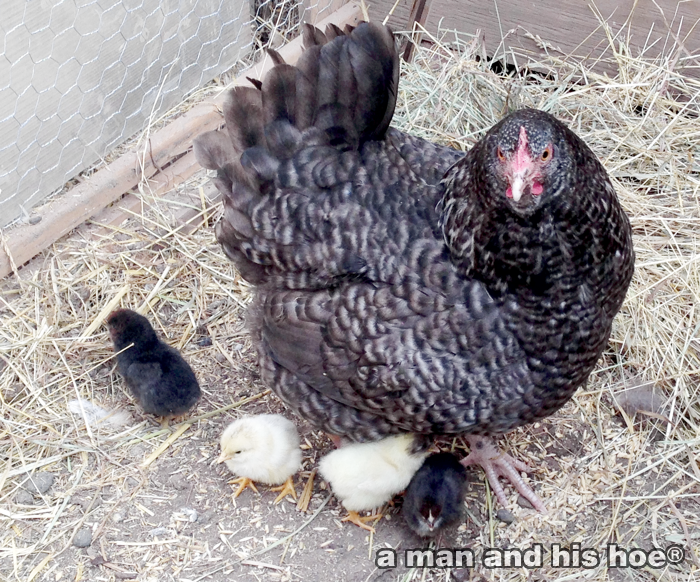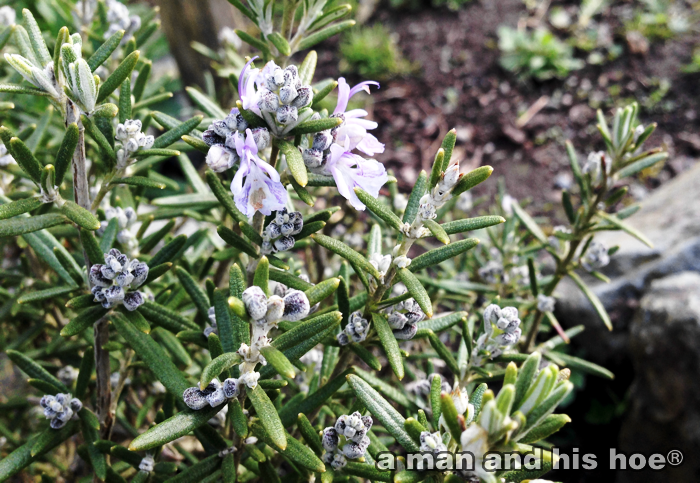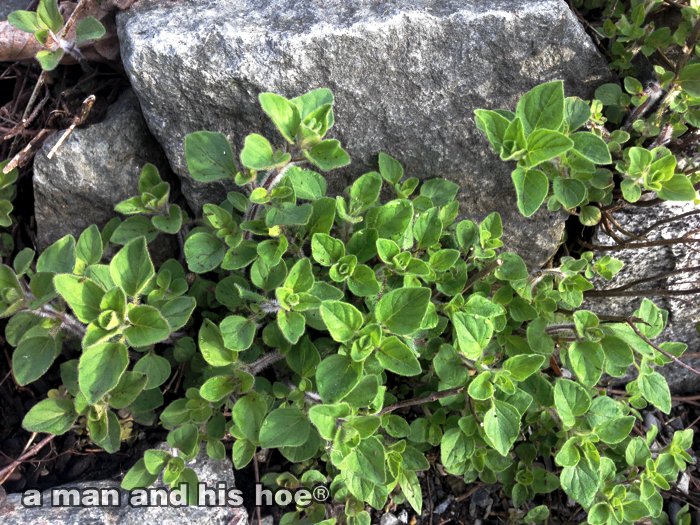When I read that the Government of China reported that nearly 20% of its farmland was contaminated with heavy metals and toxins, and knowing that billions of dollars worth of Chinese agricultural products were coming into the US, I sent the following inquiry to the Food and Drug Administration:
The Chinese government recently disclosed that nearly 20% of the farmland in China is contaminated with heavy metals and other toxins. The US imports some $4 billion dollars of food products from China including fish, fruit juices, garlic and numerous other items. How much monitoring does the FDA do for heavy metals and other toxins in this food imported from China? What percentage of the food shipments into the US from China are examined for heavy metals?
Today, I received the following reply from the FDA:
Generally speaking, FDA does not have regulations specifying maximum limits for heavy metals in food. In the case of bottled water, FDA by regulation has established limits for certain contaminants, e.g., lead, because it is required to do so by law. In addition, FDA has established guidance levels for lead in some foods such as candy and wine in which we have in the past found lead at levels of public health concern.
By law, manufacturers may not sell a food product that contains a contaminant in an amount that may render the product injurious to health. Such a food is adulterated under the law. Whether the presence of a specific amount of a heavy metal adulterates a particular food is considered on a case-by-case basis. Such a determination would depend on factors such as the amount of the heavy metal, who is consuming the food (i.e., infant, child, adult, pregnant women), and the expected food consumption.
New regulations FDA has proposed to establish under the Food Safety Modernization Act will place additional responsibilities on manufacturers for ensuring that their food is safe, including determining whether their food could contain any contaminant that could adulterate their product.
In other words, the FDA is currently not checking to see if food imported from China is contaminated with the heavy metals and toxins the government of China reports is in nearly 20% of Chinese farmland. It is relying on the importers and sellers of these products to regulate themselves.
